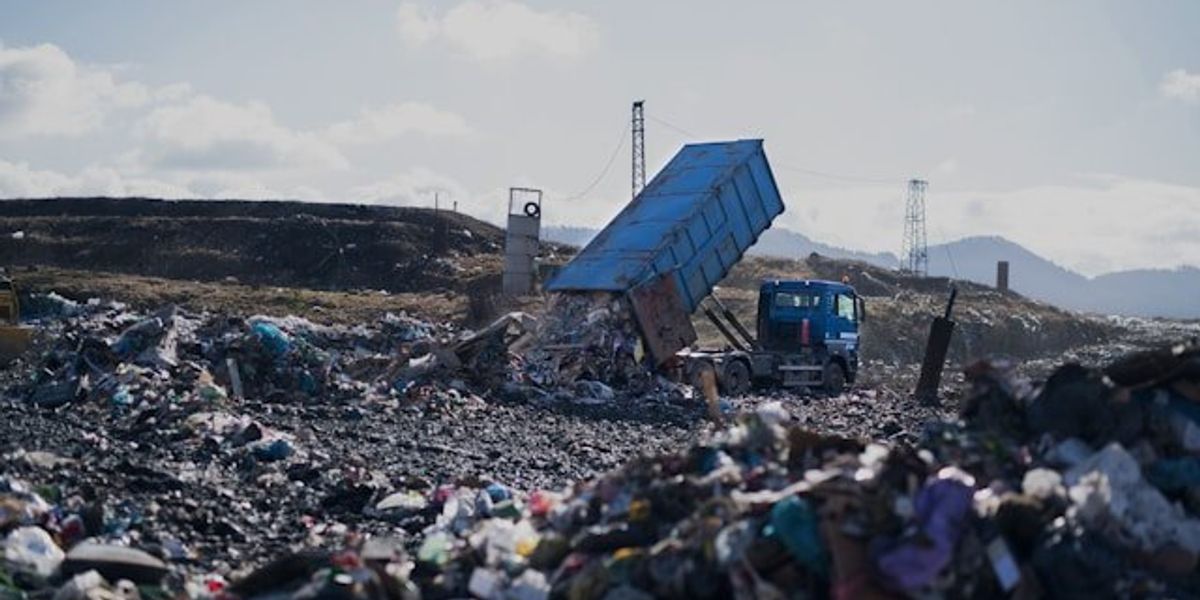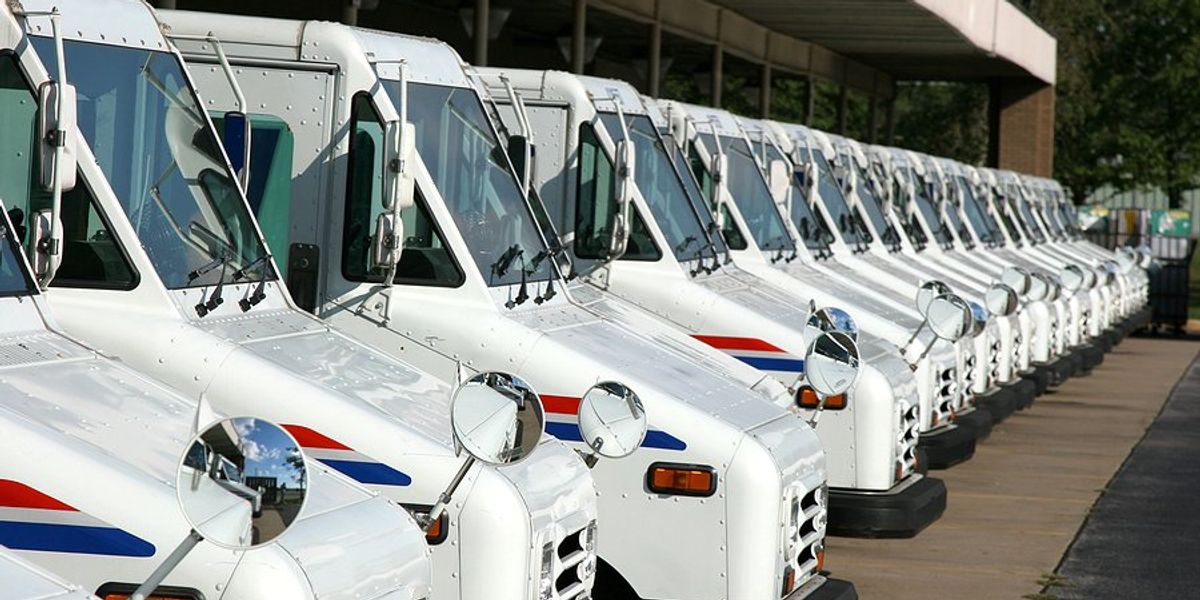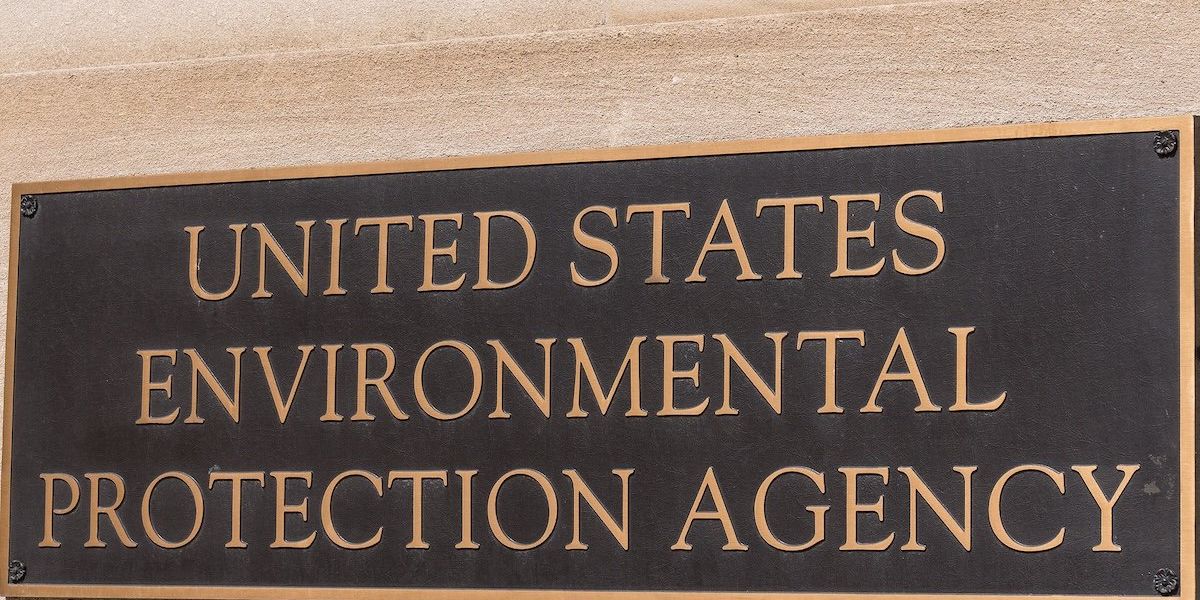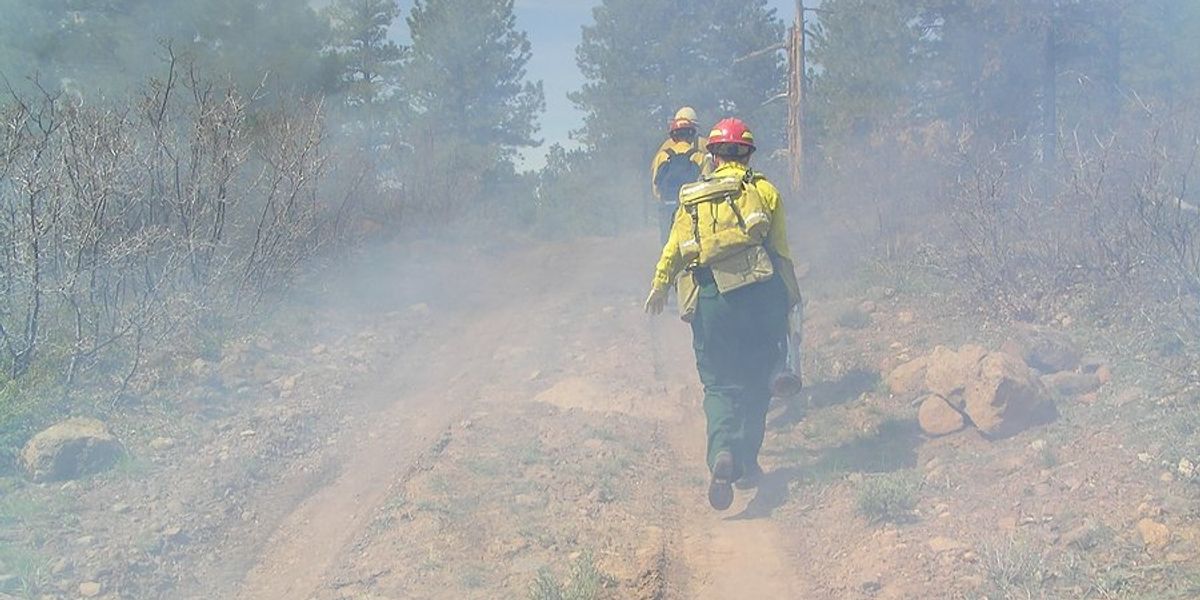tailpipe emissions
Paris showcases a car-free future during the Olympics
Paris is showcasing a dramatic reduction in car reliance, resulting in significantly improved air quality, as it prepares for the 2024 Olympics.
Mike Gagliardi reports for NBC News.
In short:
- Paris has banned cars on more than 100 streets, increased parking fees for SUVs, and created 1,300 km of bike lanes under Mayor Anne Hidalgo.
- The city’s air pollution has dropped by 40% as a result of these changes, making it a model for urban environmental reform.
- Despite facing political challenges, a majority of Parisians support Hidalgo's environmental initiatives.
Key quote:
“This is no longer the time for cars, and we need to fight against them for a low-carbon future.”
— Carlos Moreno, professor at the University of Paris 1 Panthéon-Sorbonne
Why this matters:
Reducing car dependency can significantly lower pollution and improve health outcomes. Paris serves as an inspiration for cities worldwide aiming to combat climate change and promote sustainable urban living. Read more: In polluted cities, reducing air pollution could lower cancer rates as much as eliminating smoking would.
Colorado shifts focus from highways to transit
Colorado is prioritizing transit over highway expansion to combat climate change and reduce greenhouse gas emissions, a move that also has environmental justice implications.
In short:
- Colorado canceled plans to widen Interstate 25 and redirected $100 million to transit projects.
- The state’s Transportation Commission adopted a rule requiring new projects to reduce greenhouse gas emissions or risk losing funding.
- Other states, like Minnesota, Maryland and New York, are considering similar legislation to follow Colorado's lead.
Key quote:
“We really regard the Colorado rule as the gold standard for how states should address transportation climate strategy.”
— Ben Holland, manager at RMI, a national sustainability nonprofit
Why this matters:
Reducing highway expansion in favor of transit investments is important in lowering transportation emissions, which are a major contributor to climate change and have disproportionately impacted communities of color. This shift not only aims to improve air quality but also sets a precedent for other states to follow in addressing climate challenges. Read more: Black communities must lead the charge to repair harm from freeways.
The switch to electric vehicles is a breath of fresh air for children near highways
A new study highlights the potential for electric vehicles (EVs) to significantly reduce childhood asthma attacks and other health issues caused by exhaust exposure, particularly in low-income, urban areas.
In short:
- Transitioning to EVs could prevent nearly 3 million childhood asthma attacks and hundreds of infant deaths due to lower air pollution.
- 27 million children in the U.S. are currently exposed to high levels of air pollution, which begins affecting them as early as in the womb.
- Bipartisan efforts and state initiatives, especially in California, are accelerating the adoption of zero-emission vehicles, with significant advancements in truck emissions reduction.
Key quote:
"Children are smaller, they’re breathing more air pound for pound than an adult. The risk can be immediate, but it’s also long lasting."
— William Barret, study author and national director on advocacy and clean air at the American Lung Association.
Why this matters:
The transition to electric vehicles, crucial in the fight against climate change, represents a significant stride towards mitigating health disparities in urban communities and advancing environmental justice. Read more in "Breathless" is EHN's in-depth look at Pittsburgh's asthma epidemic and the fight to stop it.
Rethinking highway expansion in the face of climate concerns
As the U.S. grapples with climate change, activists are challenging the traditional expansion of highways, highlighting the environmental and community impacts.
In short:
- Activists are pushing against highway expansions, citing increased emissions and harm to communities, especially low-income areas and communities of color.
- A coalition named Freeway Fighters is advocating for a national moratorium on highway expansion, while some states consider stricter emissions targets for new projects.
- Despite the push for electric vehicles, the U.S. transportation sector remains a significant source of carbon emissions, with highway expansions contributing to the problem.
Key quote:
“We don’t often think of it in those terms, but expanding highways is essentially like building new oil pipelines.”
— Ben Crowther, policy director for America Walks
Why this matters:
Highway expansions not only contribute to climate change by increasing carbon emissions but also affect community health and exacerbate social inequalities. Racism and political disenfranchisement underlie transportation inequities.
Lockdowns lead to a significant drop in asthma emergencies due to cleaner air
A study from Oxford reveals a notable decrease in asthma-related hospital admissions in 2020, linking it to the reduction of air pollution amid COVID-19 lockdowns.
In short:
- Emergency admissions for asthma in Oxford fell by 41% in 2020, as air quality improved with fewer vehicles on the road.
- The study correlates peaks in asthma admissions with air pollution levels, pointing to a direct link between air quality and asthma exacerbations.
- Testimonies from individuals with asthma documented personal improvements in lung function during lockdown periods.
Key quote:
“The Covid-19 pandemic led to a unique opportunity where we could study the impacts of rapid changes in human activities on air quality.”
— Dr. Suzanne Bartington, lead researcher, University of Birmingham
Why this matters:
This finding emphasizes the direct impact of air quality on health, particularly for those with respiratory conditions like asthma. It supports the need for cleaner air policies, not only for environmental reasons but as an important public health measure.
Air pollution's destructive impact on moth pollination
Car exhaust byproducts are disrupting moth pollination by degrading the floral scents essential for attracting these nocturnal pollinators, according to a new study published in the journal Science.
In short:
- Air pollution, particularly ozone and nitrate radicals from car exhaust, impairs moths' ability to locate evening primrose flowers by altering the flowers' scent.
- This reduction in pollination could significantly affect the reproduction of plants reliant on nocturnal pollinators, with broader implications for ecosystems and human food security.
- Despite the challenge, reductions in these pollutants since the 1980s show potential for improvement through further environmental protections and shifts to greener energy sources.
Key quote:
"Pollinators play a huge role in community ecology; they’re critical for the fitness of plants. If you affect that, then you’re going to have ecosystem-wide impacts."
— Jeff Riffell, co-senior study author and a biology professor at the University of Washington
Why this matters:
This research points to the complex ways in which pollution interferes with essential biological communications and the broader ecological balance.



















